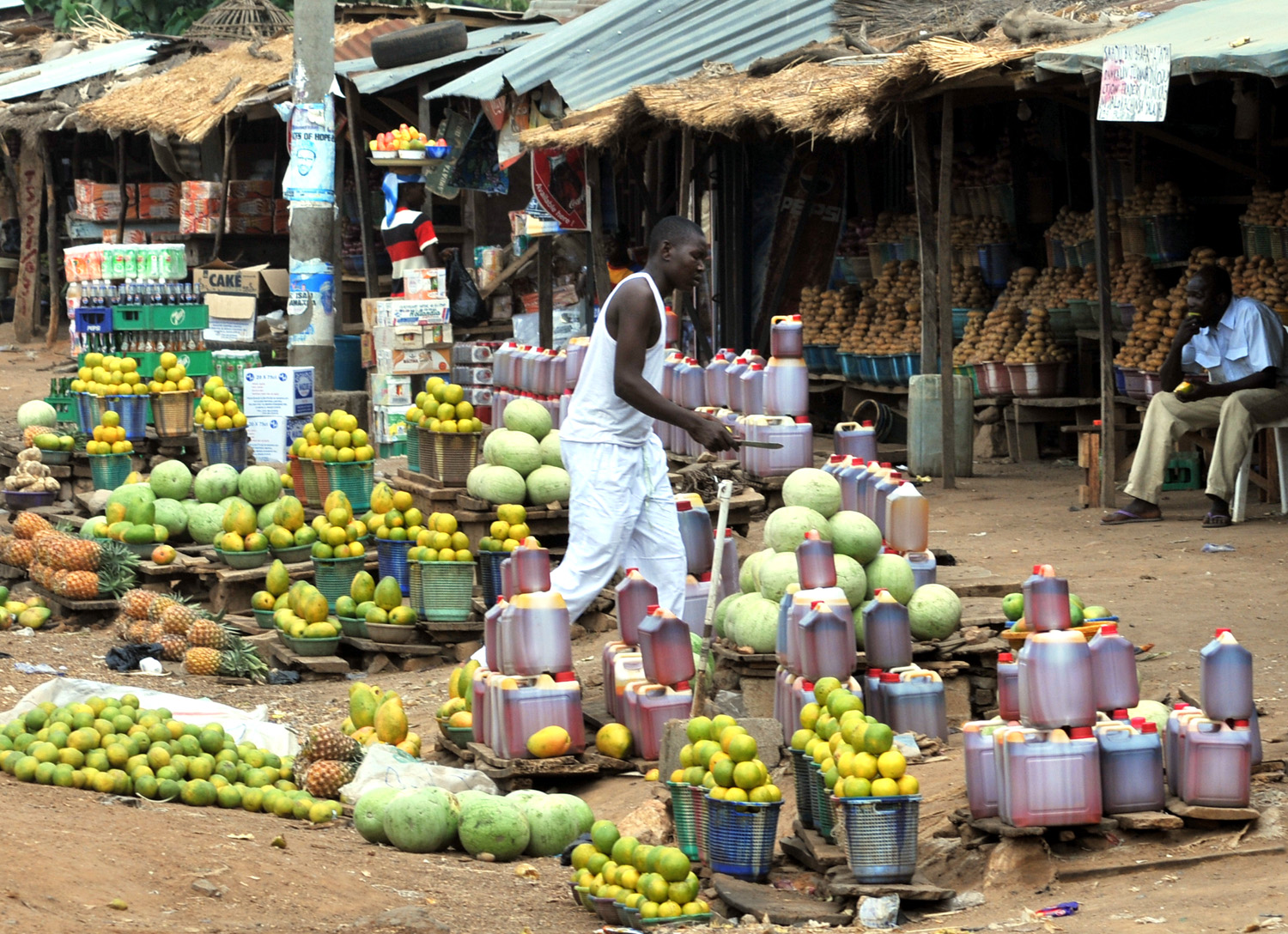
As Ramadan unfolds in Niger, the populace grapples with exorbitant prices, rendering essential commodities increasingly unaffordable. The recent transition of power has left the nation’s economy in disarray, exacerbated by a nearly eight-month embargo imposed by neighboring states. Despite lifting the embargo shortly before Ramadan, the situation remains bleak. Staple items like rice, sugar, oil, and milk, crucial for observing Ramadan, have become prohibitively expensive for many Nigerians.
Kadidja Bagnou, a resident of Niamey, shares her plight from the local market, where she couldn’t afford sugar, mirroring the struggles of countless others. Her call for government intervention underscores the widespread desperation among Nigerians facing financial strain. Similarly, Soumana Adamou voices frustration over the soaring cost of rice, a dietary staple in Niamey households—the disparity between current prices and what citizens are accustomed to paying highlights the strain on household budgets.
The root cause of Niger’s economic woes lies in the junta’s inability to adequately supply the market with essential goods. The disruption caused by the embargo, compounded by the junta’s ineffectual economic management, has plunged many Nigerians into financial hardship. Furthermore, logistical challenges, as highlighted by business owner Elhadj Yacouba Dan Maradi regarding the Togo corridor passing through Burkina Faso, further exacerbate the situation. Delays and inefficiencies in transporting goods worsen supply shortages, contributing to price inflation.
As Ramadan commences, Nigerians find themselves grappling not only with the spiritual obligations of fasting but also with the harsh economic realities stemming from political instability.
